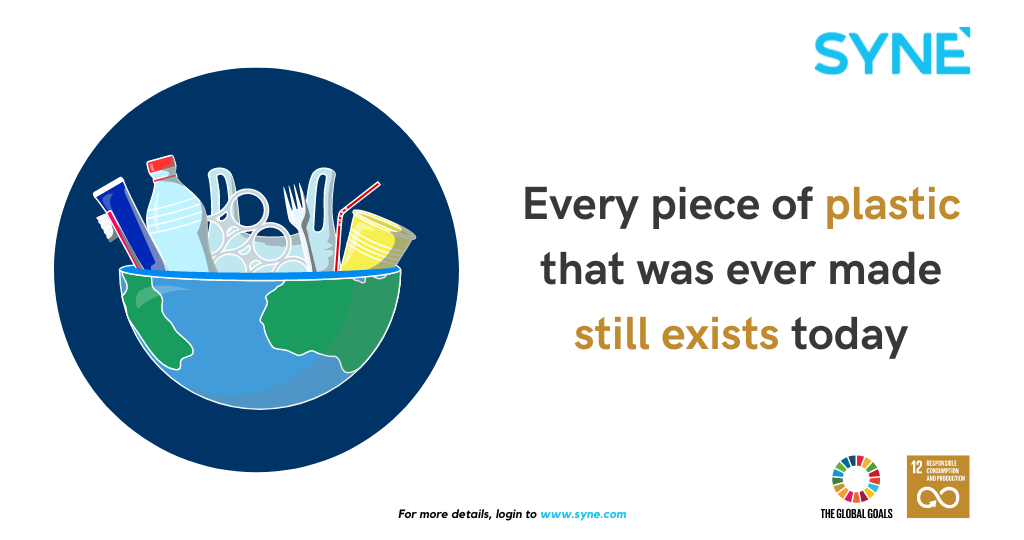The United Nations SDG 12: Responsible Consumption & Production
Environment
CREATED
10 Jun 2022
syne.com/story/the-united-nations-sd...
The United Nations set up seventeen goals in 2015, related to global development, to be achieved by 2030, which work as a blueprint to achieve a better, sustainable future for all and are collectively known as the Sustainable Development Goals (SDGs).
The twelfth SDG, Responsible Consumption and Production, aims to ensure responsible consumption and production patterns by 2030. The statistics on responsible consumption have not been looking up - for instance, 1 million plastic drinking water bottles are purchased every minute, globally and 5-trillion single-use plastic bags are disposed of every year. The one-time-use commodities do not promote sustainability, especially non-biodegradable waste like plastic.
To work on creating sustainable practices in the lines of consumption and production, we need to understand the following sub-goals, associated with SDG 12.
Implement 10-year sustainable consumption and production framework
Achieve sustainable management and efficient use of natural resources
Global per capita food waste to be halved
Achieve responsible management of chemicals and waste
Reduce waste generation Substantially
Encourage organisations to adopt sustainable practices and reporting
Promote sustainable public procurement practices
Promote a universal understanding of sustainable lifestyles
Support developing countries to strengthen their scientific and technological capacity
Develop and implement tools to monitor sustainable development impacts on tourism
Inefficient fossil-fuel subsidies to be rationalized
These sub-goals provide an overview of the various areas that need to be worked upon, and that is multifaceted. There is a need to holistically work making individuals, organisations, and governments work towards promoting sustainable consumption and production. Apart from this, a major part of consumption is waste production wherein everyone needs to do their role in reducing waste.
Apart from the above, fulfilment of this SDG goal would be responsible for the fulfilment of other SDG goals viz. zero hunger, decent work and economic growth, life underwater, etc and help create a better platform to focus on other goals and vice-versa.
Based on these, individuals, organisations, and governments across the globe need to base their strategies on the goals and sub-goals for a more focused approach to the eradication of social evils in specific communities.
In this continuing series of articles, we will discuss each SDG in detail to understand the role of countries and stakeholders in fulfilling these sustainable development goals.




View Comments